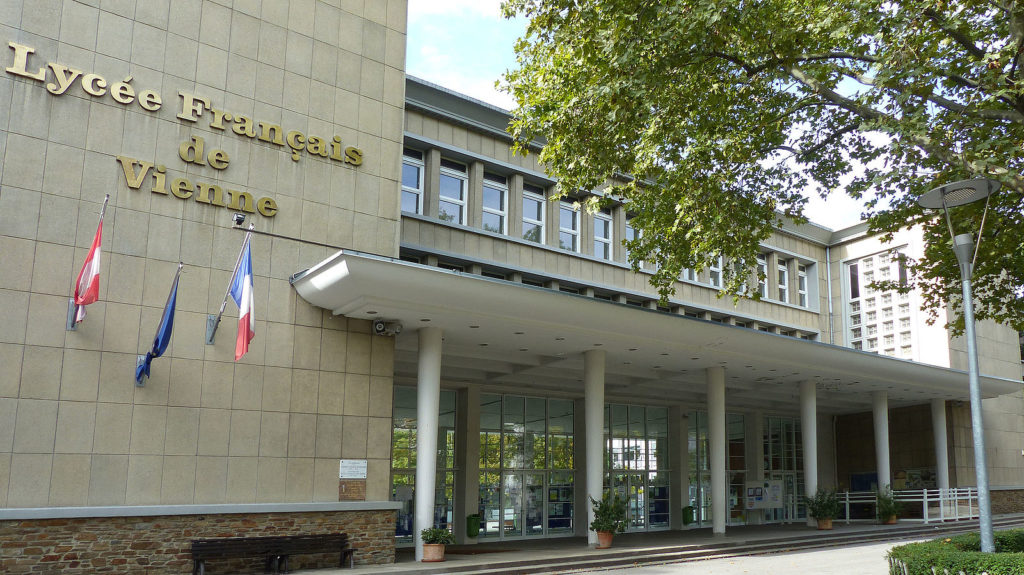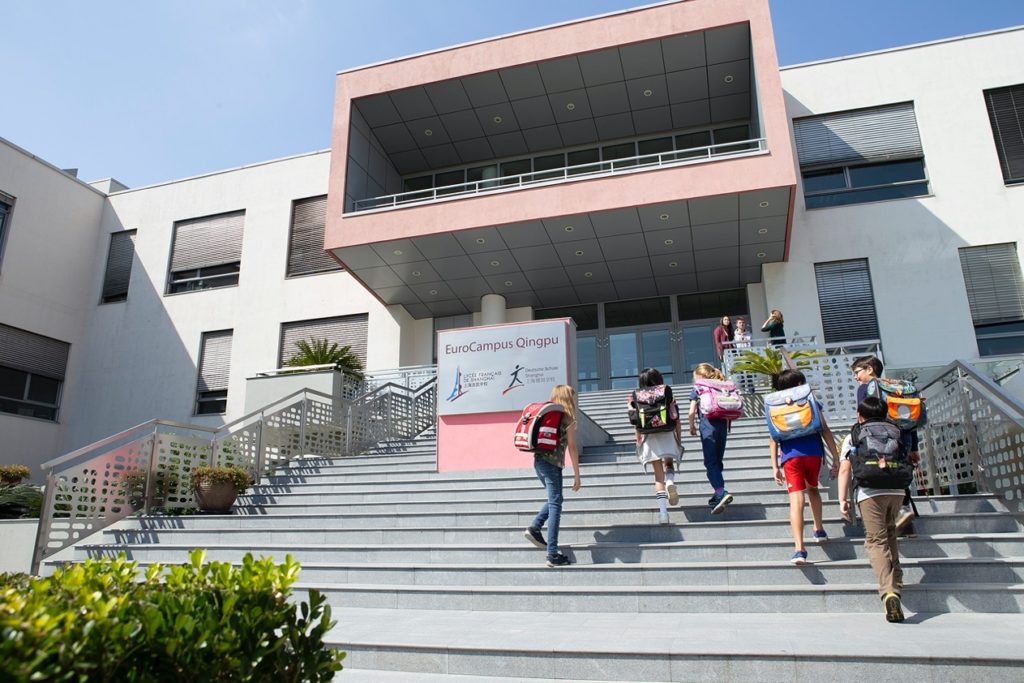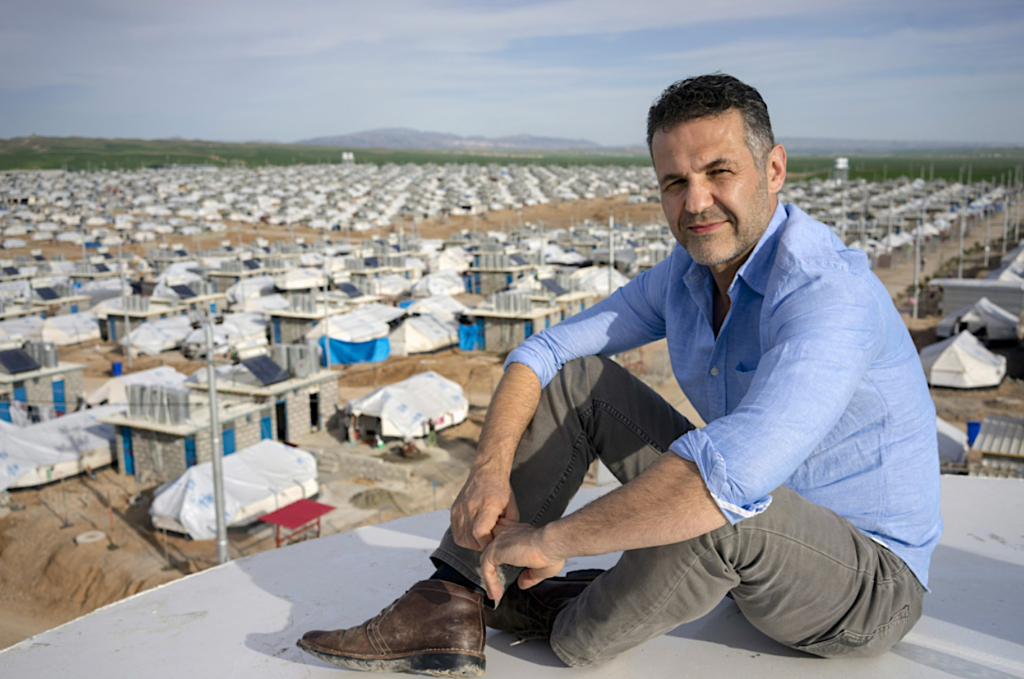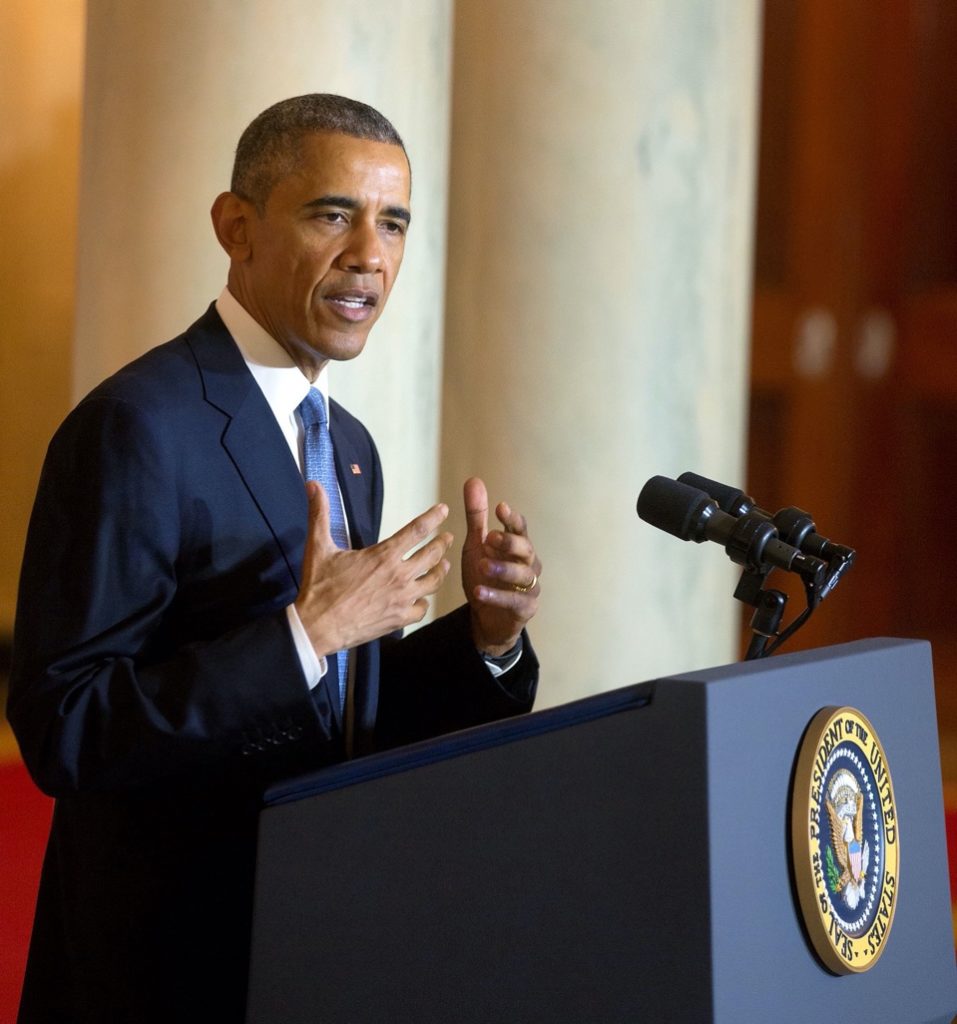© internations.org
When you say ‘diplomatic’ life, you automatically think about a life ‘on the move’ from country to country, in which every couple of years, you put your whole existence into a few boxes and leave everything except your family behind, to go into the unknown and start afresh. This fragmented episodic life, in which you have to constantly reinvent yourself and always start from the beginning, as in the ancient myth of Sisyphus, may sound idyllic to some, but scary and complicated to many. After all, psychologists say that moving up the ranks is the third most stressful situation in life, after the death of someone dear and divorce.
With today’s accelerated globalization, career mobility now means working practically anywhere in the world. Many multinational corporations have emerged that have, in addition to the traditional categories of ‘career nomads’, such as diplomats, military employees or religious missionaries, created new categories of migrant labour force. It is said that in the 21st century, an expat is moving from one country to another every 44 seconds! All these people travel the world with their families, spouses and children.
These children live far from their countries of origin for years and it is only natural that they will develop a particular pattern of behaviour. In fact, this type of life has led to the emergence of a category of people, with a particular upbringing, that has acquired a name: THIRD CULTURE KIDS (TCK). This notion was first introduced in the 1950s by researchers Dr. Ruth Hill Useem and John Useem. The first culture of TCKs is the culture of their parents’, the second is the culture of the country where their parents reside for a period of time (especially in childhood years) and the third culture is the combination of the two. Dr. Ruth Hill Useem have said: “The third culture kid builds relationships to all the cultures, while not having full ownership in any”.
But who are they? Why are they special? By definition, Third Culture Kids are people who were raised for a significant number of years during their childhood in a culture other than that of their parents or of their country of origin. This particular situation provides the framework for a different emotional development.
The fact that they are exposed, from an early age, to an amalgam of cultures, traditions and rules which are foreign to them, the fact that they change countries, houses, schools and friends every few years, although deeply disturbing emotionally and sometimes even heart-breaking, provide the perfect setting for the creation of complex adult personalities by giving them a set of unique social skills, that are important and useful later on in life.
They are people who have lived just for few years in one place, were in daily contact with local cultures, without having had the opportunity fully develop a personal and cultural identity related to their ‘first culture’, that of the country from which the parents originated.
From the USA to Singapore, to France, Brazil or the UK… where is home? I heard a friend of mine, a diplomatic spouse and Third Culture Kid herself, saying that one of the most difficult and also annoying questions she was ever asked was: ‘Where are you from?’.

Indeed, for such individuals, identifying themselves with a place might be complicated. Because they grow up as global citizens, they lack a strong sense of belonging. Although elements from each culture are assimilated into the third culture kid’s life experience, the sense of belonging will always be more in relationship to others of the same background, that is other TCKs. Home is more of a feeling than a place or a country.

As we grow up, we usually learn who we are from our parents and close family circle, but we also assimilate a lot from the environment and people around us. If these two are different, we will try to integrate elements of the two cultures in our own cultural identity, but that is in fact why Third Culture Kids end up, most of the time, not feeling completely comfortable or secure with their dominant culture. Sometimes people around don’t understand them and cannot possibly relate to them because they didn’t grow up in the same circumstances. One can say that TCKs are cultural hybrids, unique combinations of concepts and customs which don’t always go perfectly well together. Especially when they move between completely different cultures, for instance from individualistic societies to more collectivist ones, from low-context to high-context cultures…
‘Who am I?’ is also a common question and a reason for inner introspection. Often they have trouble understanding and defining their own cultural identity and in most cases, these Third Culture Kids become ‘chameleons’, adapting instantly and switching to the local culture, whenever required. They act and react differently; they speak differently, as a direct response to the environment. They try to fit in, to integrate, to even out their peculiarities, and thus only adding to the confusion. I have read that when you speak in a different language, you automatically change your tone of voice (which normally counts for about 38% of communication), intonation and even attitude. Now imagine people who are bilingual or even speak several languages… the changes they must go through each time they switch to another language!
But being bilingual is not uncommon anymore. In the 21st century it is estimated that worldwide there are as many bilinguals as monolingual children, which is in fact great for humanity. Languages open doors, facilitate relationships and help promoting unity in diversity in the world.

Third Culture people learn more than one language from an early age, so they basically have more than one mother tongue, which is one of the greatest gifts for their adulthood. Often, various words in foreign languages will remain forever linked to fond memories, will be associated with places where they grew up and will remain in their hearts forever.
Speaking as many languages as possible is certainly an advantage nowadays. Often educated in international schools, Third Culture Kids will have the opportunity to interact with different people with similar life stories. Besides a great education (TCKs are generally four times more likely to earn Bachelor’s degrees in their lifetimes), they will also gain valuable interpersonal skills, which are important for the future. Luckily nowadays there are numerous possibilities and options worldwide, meant to give a sense of continuity and normality to these children and to ease the burden of being ‘the new kid in class’ every once in a while.

For instance, there are quite a number of British Schools, American Schools (mostly leading to the globally recognised International Baccalaureate), ‘Lycée Français’ network (with the advantage of a common curriculum all over the world, coordinated by the French Foreign Ministry), ‘Deutsche Schule’ (a network of 140 German schools abroad, supported by the German Foreign Ministry) and ‘European Schools’ (a network of 25 schools in the European Union, which stress on a multilingual and multicultural approach, leading to the European Baccalaureate).
Diversity is truly beautiful! All these schools bring children from all parts of the world together and build bridges of culture, education and cooperation between nations. And it is impressive to see how easily children can relate to one another, overcoming language and cultural barriers and always finding common ground… That is a lesson which many of us, adults, still need to learn…
Switching between cultures is never easy, but to TCKs it comes naturally. These people will grow up as international citizens and will have a far greater compassion, cultural awareness and tolerance. They learn from an early age to be respectful of other cultures and traditions, to break free from racial stereotypes and preconceived ideas related to origin and nationality. They appreciate diversity and are open minded individuals.
Moving is hard and adapting takes time, at least six months are necessary to start feeling comfortable in a new country. They always feel somehow out of place. As adults, they might also have problems relating to their own ethnic groups. But this is exactly what makes them, in the long run, more resilient and independent.
Third Culture Kids usually adapt quickly and are more emotionally mature; they also have a far greater cultural intelligence level than mono-culturally raised people. Their own experience of life shapes their future personality and increases their sensitivity and understanding of other cultures, of social and political realities. All these are great gifts which life offers in return for the emotional toll that they pay for moving and losing parts of their soul in different corners of the earth. But ironically, later in their adult lives Third Culture Kids often look, for similar nomadic careers. It is generally well known that, especially in diplomacy, there are families who perpetuate the tradition of wanting their children to follow in the footsteps of their grandparents and parents in choosing the same profession and the same career.

Third Culture Kids often feel the need to continue the same experience and maintain a global dimension throughout their lives. The feeling of rootlessness and restlessness is common among third culture kids. Consequently they end up offering the same kind of life to their own children, perpetuating the tradition and thus strengthening the ranks of global citizens of the 21st century.
With more and more globally raised individuals, the need to normalize their story grows bigger and bigger every day. The need for recognition and for an increased sense of belonging to a group which understands them, empathizes with them, and which has the same history and peculiarities, has lately led to the development, of an entire global community that recognizes and applauds the merits of TCKs. Numerous bloggers, influencers, magazines and specialized websites now concentrate on this topic and show in fact, the extent of this phenomenon
They also emphasize on the advantages of such a trailing life. With a high number of multicultural experiences at their disposal, it is only normal that there will be differences regarding how TCKs perceive the world and how they deal with complex intercultural issues.
Nowadays we know quite a few prominent public figures who are also considered Third Culture Kids. One of the best examples is Barack Obama, 44th president of the United States from 2009 to 2017, born in Hawaii, USA, in a multicultural family (his mother was American and his father from Kenya) and who spent significant parts of his childhood in Indonesia.

Another example is the famous Afghan-American novelist Khaled Hosseini, author of ‘The Kite Runner’ (2003), a debut novel telling the intercultural story of an Afghan boy.
I also raise two TCKs in our diplomatic home and I often try to put myself in their place, try to see things from their perspective and fully understand what they are going through. After all, it’s us, their parents, who chose this kind of life for them… They too feel the anxiety with each new beginning. But I am always amazed at the ease with which children adapt to new realities. I have also seen how children can gain self-esteem and self-confidence from this nomadic experience. They can use their knowledge later for their betterment, increasing creativity and innovation.

I am fully aware that they have no really deep roots. They are conscious of their origins but not too tied up to them. Having been exposed from an early age to a completely different culture, they are not too religious, not too attached to places and customs, that one day, they will leave behind. They don’t have racial prejudices; as international, global citizens they are accustomed to the diversity of the world in which they live.
I can only hope that the future will prove that all these life experiences helped shape their character into becoming complex and culture conscious adults. I hope they will be happy to have shared this kind of life with us and, looking back, will appreciate that it helped widen their horizon, refined their understanding of the world and set the stage for a great international experience.
‘Like arrows in the hand of a warrior are the children of one’s youth’ (Ps 127:4)

